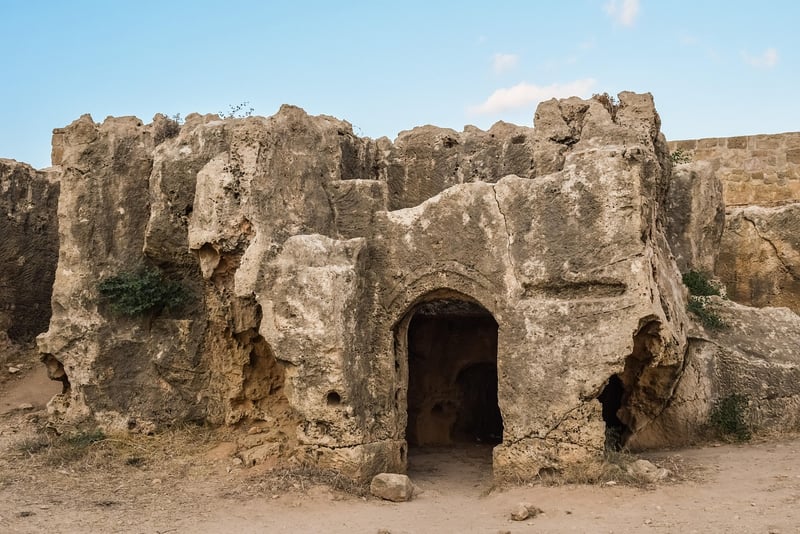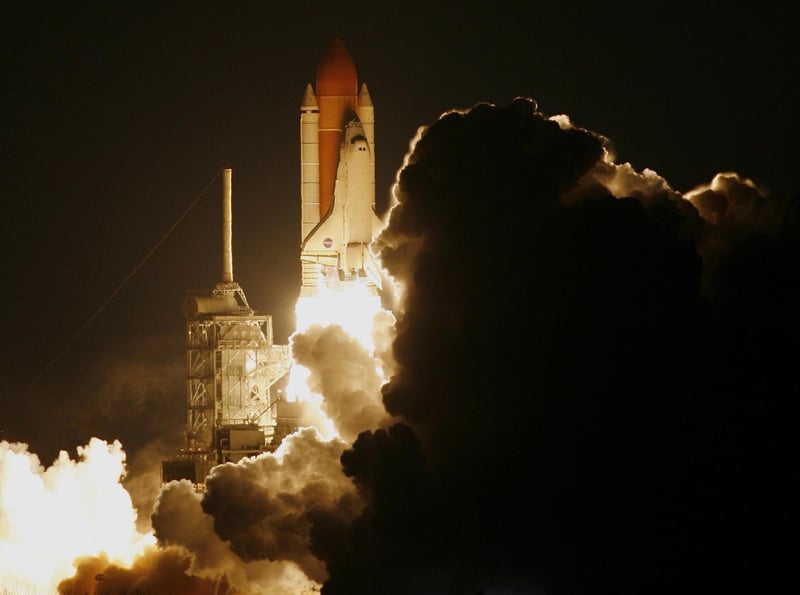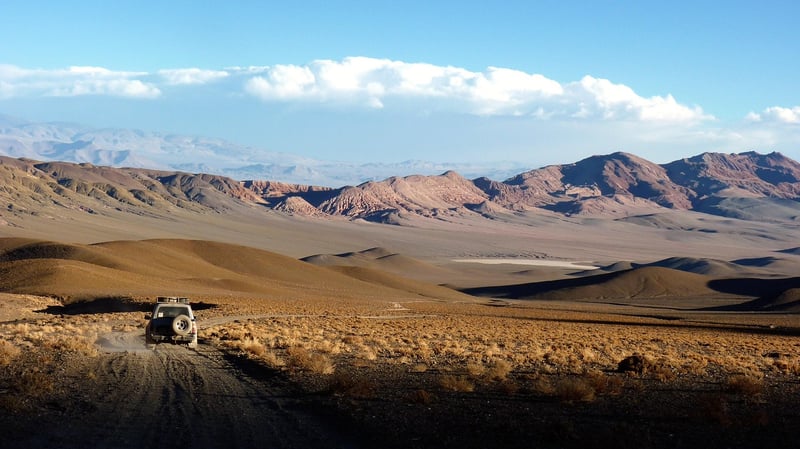Future Expeditions
Exploring the Past and Future: Future Expeditions
Embarking on expeditions to uncover the mysteries of the past and the possibilities of the future has captivated human curiosity for centuries. From archaeological digs to space exploration, the thirst for knowledge and adventure drives us to push the boundaries of exploration. Let's delve into the realms of past and future expeditions to discover the wonders that await.
The Thrill of Exploring the Past
Unraveling the secrets of ancient civilizations, understanding historical events, and discovering artifacts that shed light on our past are all part of the excitement of exploring history. Archaeological expeditions take us back in time, allowing us to walk in the footsteps of our ancestors and piece together the puzzle of bygone eras.

Key Highlights of Past Expeditions:
- Uncovering lost cities like Machu Picchu and Pompeii
- Revealing ancient tombs and burial sites
- Studying cave paintings and petroglyphs
Embracing the Challenge of Future Expeditions
As we look towards the future, new frontiers beckon us to explore outer space, deep oceans, and cutting-edge technologies. Future expeditions offer a glimpse into what lies beyond our current understanding, pushing us to innovate and adapt to the wonders that await in uncharted territories.

Potential Future Expedition Destinations:
- Colonizing Mars and other planets
- Deep-sea exploration in the Mariana Trench
- Researching artificial intelligence and quantum computing
Whether we are unearthing the remnants of ancient civilizations or venturing into the cosmos of tomorrow, the spirit of exploration drives us forward, shaping our understanding of the past and propelling us towards a future filled with endless possibilities.
Join us on this incredible journey of discovery as we unravel the mysteries of the past and embrace the challenges of the future through thrilling expeditions that redefine our perceptions of time, space, and human potential.
Are you ready to embark on the next great adventure?
